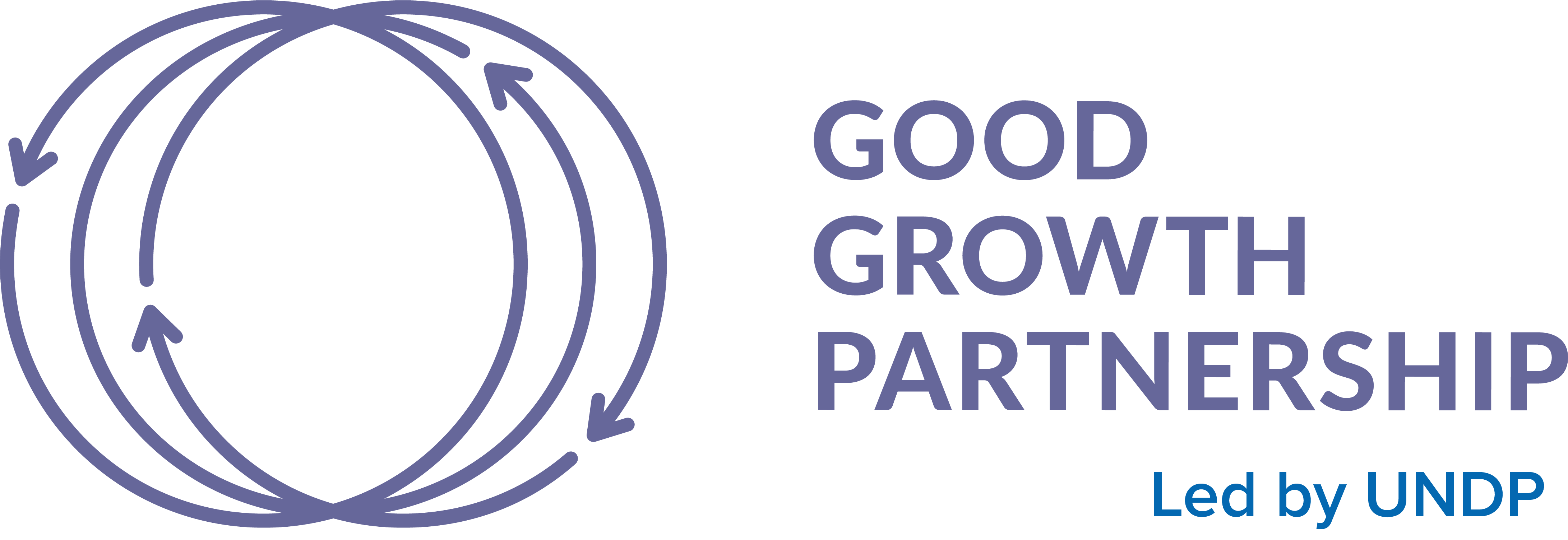
________________________
By Olivia Elliot, Advisor, Sustainable Protein Investment and Advisory, International Finance Corporation
The side event, "Catalyzing Sustainable Livestock Transformation through Private Sector Investment," was hosted by the International Finance Corporation (IFC) as part of the official agenda of the second U.N. Food and Agriculture Organization (FAO) Global Conference on Sustainable Livestock Transformation. The event focused on the critical role of private sector investment in achieving sustainable change in the global livestock sector, particularly by scaling up and replicating sustainable agribusiness models to meet rising protein demand while reducing environmental impacts.
Held three years after the launch of the IFC Practices for Sustainable Investment in Livestock Operations with the support of the Food Systems, Land Use and Restoration (FOLUR) Impact Program, the discussion explored how these strategically aligned investments - endorsed by the five largest global development banks investing in animal protein - can drive positive outcomes. FOLUR projects engage communities, agribusiness, policymakers and food industry partners to trigger sustainability improvements in livestock production systems that can be replicated in other countries, supporting conversations on sustainability commitments from multinational companies and major government procurers and working with partners on the approaches needed to operationalize these commitments through standards and practices at the production level.
Through case studies, the core topics of the event included scaling climate-smart practices, improving animal welfare, enhancing food safety, and reducing greenhouse gas emissions. The event also addressed how blended finance, partnerships, and enabling policy environments can unlock further investment for productive, resilient, and environmentally responsible livestock systems.
The structured discussion was guided by Ivan Ivanov, Global Lead Sustainable Protein Advisory at International Finance Corporation (IFC), who served as the moderator.
The panel featured three prominent investment leaders from Development Finance Institutions: Esra Diker-Yilmaz, Global Lead for Sustainable Protein Investments at IFC; Anton Timpers, Investment Manager, Agribusiness, Food and Forestry at FMO, the Dutch entrepreneurial development bank; and Dahlia Farahat, Investment Manager, Food, Agriculture and Natural Capital at British International Investment (BII).
Together, the speakers presented their organizations' approaches to making strategic investments that adhere to the IFC Practices. They highlighted how their financing models balance financial returns with environmental and social safeguards, aiming to set new sustainability benchmarks through livestock enterprises while leveraging private sector expertise and efficiency.
There were 130 attendees in the room and 59 live participants in the Q&A session, resulting in a total of 36 questions. The audience pushed the speakers on the practical application, trade-offs, and measurable impact of their sustainable investment criteria.
The questions covered the cultural relevance of the seven IFC principles, for example, asking if they are culturally adjusted for different cultural norms and diets. Timpers said that FMO’s portfolio includes not only livestock but also aquaculture companies. For example, FMO’s client Yalelo is a sustainable tilapia farm in Zambia. Its activities cover the whole value chain, from breeding and feed production to end-consumer distribution. With their management systems and a data-driven scientific approach to fish farming, Yalelo unites world-leading practices with a local-to-local vision that transcends the region. Yalelo is a large-scale player in providing affordable protein to local markets. FMO invested $10.5 million to support sustainable business growth, lower greenhouse gas emissions and expand Yalelo’s social impact.
Attendees also probed the financial performance of these sustainable investments, asking for evidence on how compliance with the seven principles correlates with loan default rates or profitability and seeking clarity on why livestock investment is still perceived as very risky if default rates are low. A key line of inquiry focused on the trade-offs of applying high standards, specifically asking where it "hurts" other parameters. Esra Diker-Yilmaz, Global Lead for Sustainable Protein Investments at IFC responded, saying:
“Our NPLs are very low compared to other sectors within Manufacturing, Agribusiness and Forestry - only 2 animal protein projects - and this because of the macroeconomic situation, not because of sustainability aspects. IFC’s default rates are low because of our due diligence, advisory support and portfolio monitoring.”
Finally, there was a strong focus on smallholder support and innovation, asking how IFC could help smallholder livestock keepers given their minimum loan sizes, what innovations in financing models have been successful, and how investors are influencing the legal and financial relationships between integrated businesses and their smallholder suppliers.
Farahat gave the example of Hatch Africa, a pan-African group which distributes improved dual-purpose chicken through country-specific poultry brands. Hatch Africa’s innovative model— operating in Ethiopia, Uganda, Rwanda, Kenya, Ghana and Côte d'Ivoire — reaches up to 4.6 million smallholder farmers annually, transforming them into micro-entrepreneurs, and providing them with resources and support. The business model engages over 16,000 agents, 31 percent of whom are women, is designed to reach small-scale producers and rural households on a large scale.







